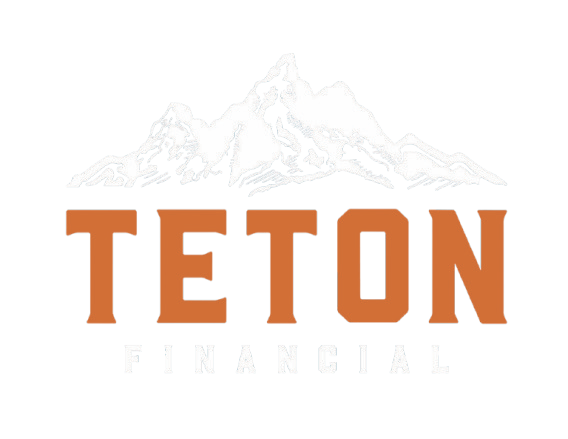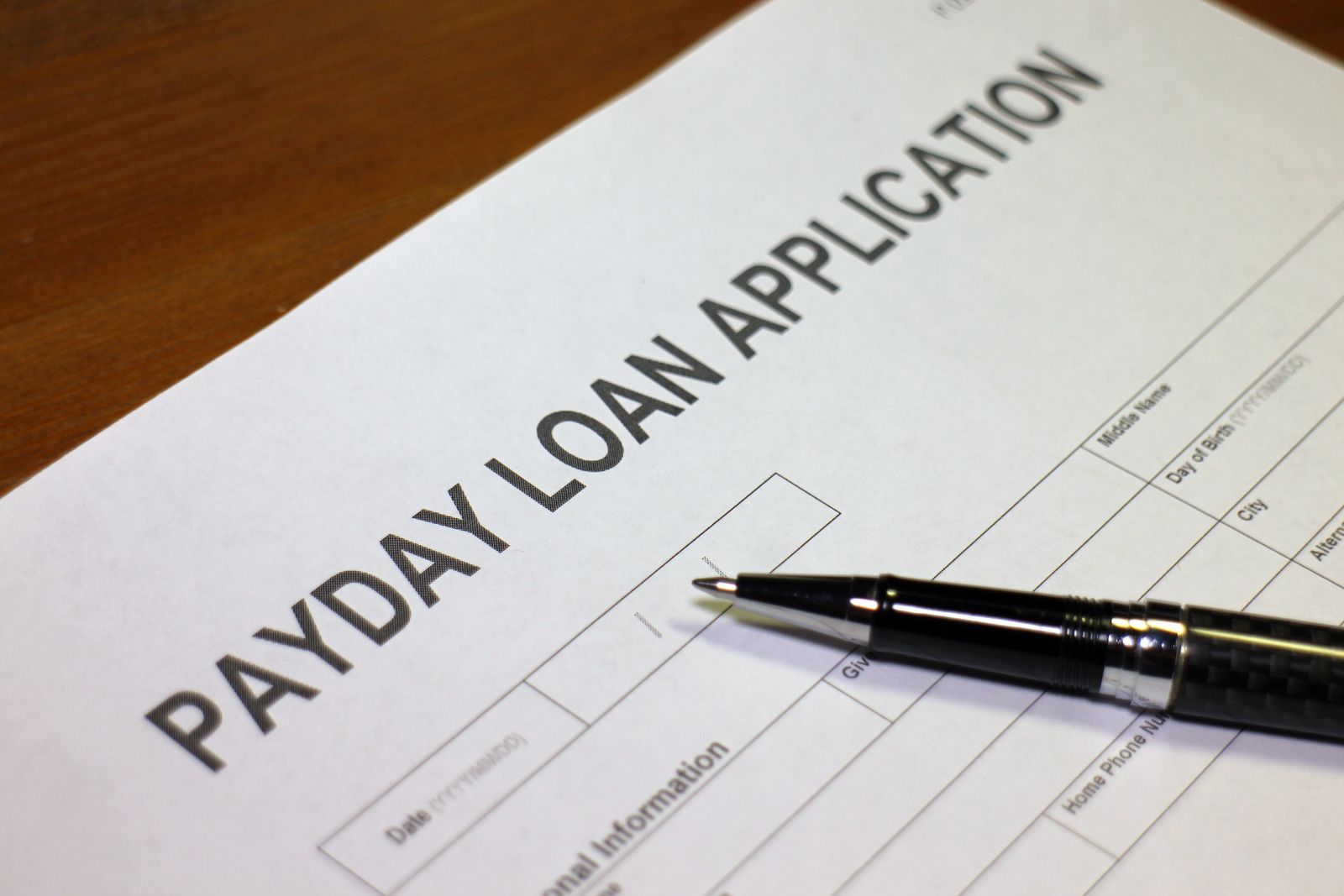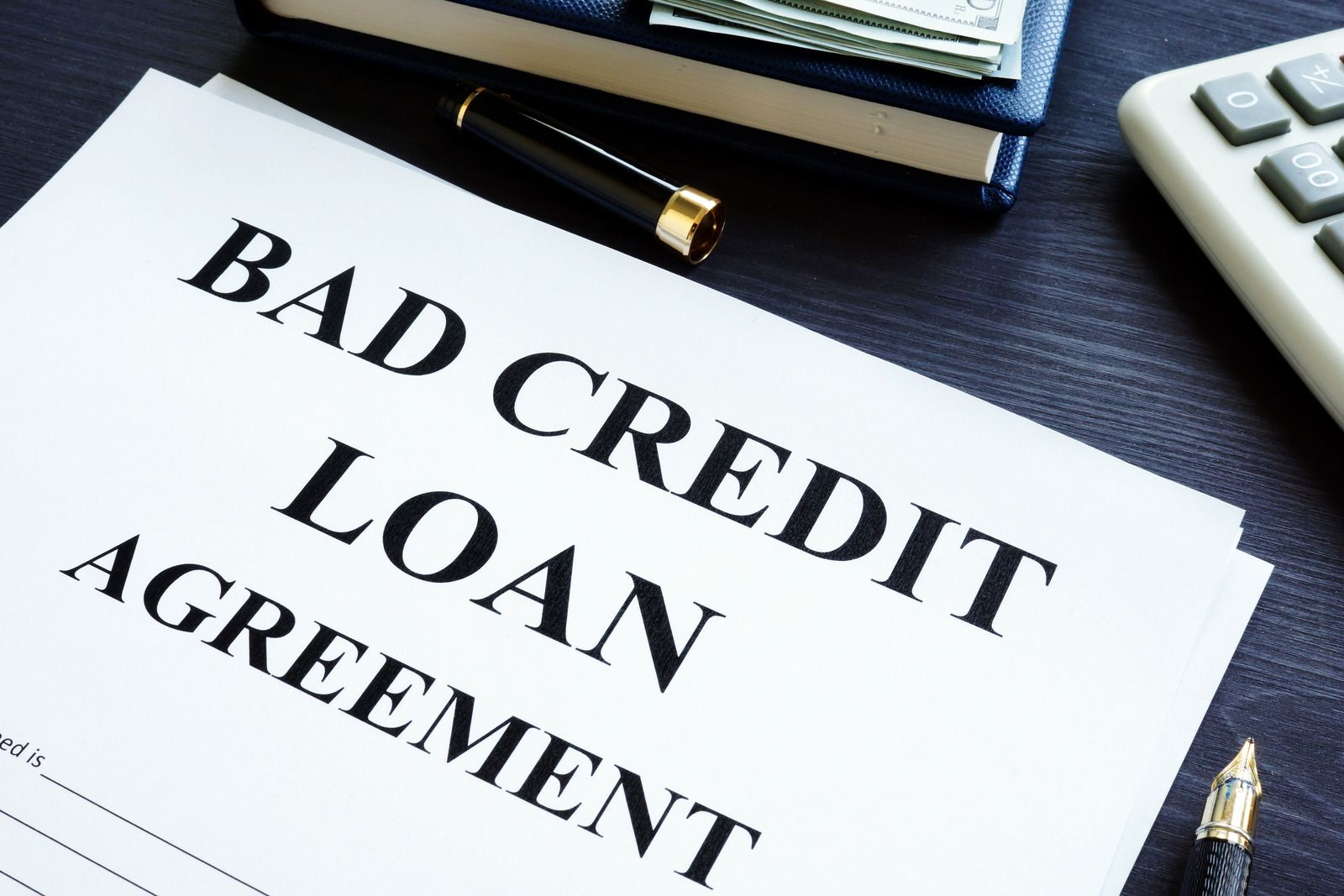Secured vs. Unsecured Loans: Which One Is Right for You?
April 26, 2025

When it comes to borrowing money, one of the most important decisions you’ll face is choosing between a secured and an unsecured loan. Each loan type serves a specific purpose and has unique benefits and risks. Understanding the key differences can help you make the right financial decision for your situation.
What Is a Secured Loan?
A secured loan is backed by collateral—an asset that the lender can seize if you fail to repay the loan. Common examples of secured loans include mortgages (backed by your home), auto loans (secured by your vehicle), and home equity loans.
Secured loans typically come with lower interest rates because they present less risk to the lender. The presence of collateral means the lender can recover their money if the borrower defaults. This makes secured loans ideal for individuals with lower credit scores or those looking for larger loan amounts.
However, there is a downside. If you fail to make payments, the lender can legally claim your asset, which can result in the loss of your property or vehicle. Therefore, it’s important to borrow only what you can afford and have a solid repayment plan in place.
What Is an Unsecured Loan?
Unlike secured loans, unsecured loans do not require any form of collateral. These loans are granted based on your creditworthiness, income, and financial history. Examples include personal loans, credit cards, and student loans.
Because unsecured loans carry more risk for lenders, they often come with higher interest rates. Borrowers with strong credit profiles can typically secure better terms, but those with lower scores may struggle to qualify or face higher costs.
The main advantage of unsecured loans is that your personal assets are not at risk if you default. However, missing payments can significantly damage your credit score and lead to collection efforts or legal action.
Key Factors to Consider
When deciding between a secured and unsecured loan, consider your financial goals and current situation. If you’re looking for a lower interest rate or need to borrow a large sum, a secured loan might be a better option. Just be sure you're comfortable with the idea of using your assets as collateral.
On the other hand, if you prefer not to risk your property and have a strong credit score, an unsecured loan can offer more flexibility. It’s also a better fit for smaller, short-term borrowing needs, such as covering medical expenses or consolidating credit card debt.
Additionally, think about your repayment ability. Secured loans often have longer repayment terms, which can help lower monthly payments. Unsecured loans may have shorter terms, meaning you’ll pay more each month but get out of debt faster.
Choosing between a secured and unsecured loan doesn’t have to be overwhelming. At Teton Financial
in Idaho Falls, ID, we’ve been helping individuals and families make confident financial choices for over 20
years. Whether you’re looking to leverage your assets or need a simple loan solution, our experienced team is here to guide you every step of the way. Contact us today to explore your options and find the loan that fits your life and goals.




